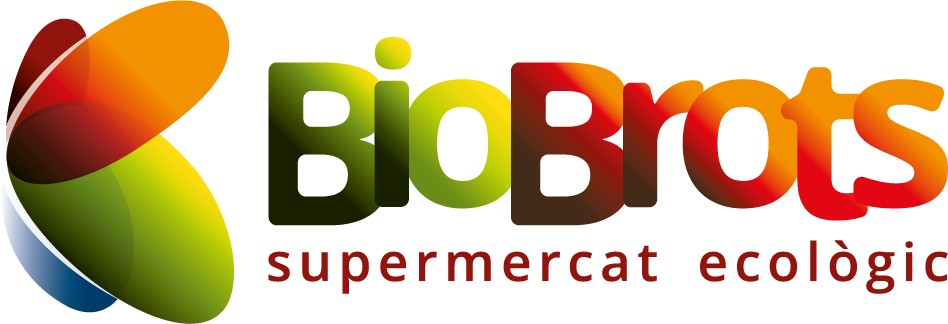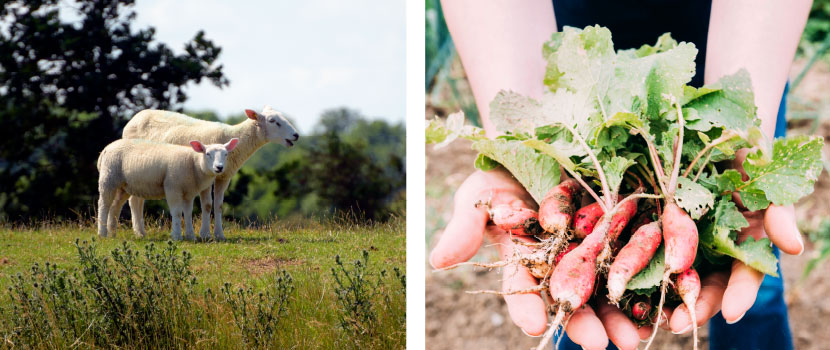Environmental protection through our food
Caring for the planet should be one of our vital priorities. And this is possible, if each of us does what is within our reach.
We have seen it with the stoppage of movement during this pandemic, nature has resurfaced like never before, we have seen animals approaching towns and cities, a greenery and explosion of flowers like some time ago, the bees have returned, butterflies… .
Sustainable and organic food is a central and essential component in our lives that not only provides us with nutrients, but also plays an important role in the economy and culture. Eating organic products brings benefits for the environment and for your health. At Bio Brots we will not stop echoing it.
A balanced and sustainable diet must be suitable from a personal point of view and, in addition, at the level of production and consumption, generate less impact on the environment.
For our way of eating to be sustainable, it must reduce the negative impact on the environment. For this reason, the recommendations to achieve a sustainable diet are based on establishing the basis of caloric intake on organic, seasonal and locally produced legumes, fruit, vegetables and meat.
It is a priority to reduce the consumption of ultra-processed foods that, in addition to being very unrecommended for health, contribute to the deterioration of sources of natural resources and raw materials. These products leave a large carbon footprint in their manufacturing process. The fundamental premise is to buy the least processed food possible.
Sustainable food is based on the sustainable production of food through ecological or organic agriculture and the adoption of sustainable eating habits; for example, avoiding consuming food that is not needed and that ends up being thrown in the trash.
We will achieve a balanced and sustainable diet if our diet does not put our health or that of the planet at risk. We must not contribute to the perpetuation of practices that harm human rights. With sustainable food we achieve:
1. Have an adequate diet: Eating varied and seasonal foods will give us all the necessary nutrients to keep our bodies healthy.
2. Consume responsibly: It will help you to be a conscious consumer to know that more than 790 women, men and children in the world suffer from chronic hunger, according to the FAO. Don’t throw any food in the trash, consume only what you need!
3. Caring for biodiversity: The extensive agriculture necessary to produce the huge quantities of ultra-processed food that fill supermarkets has a brutal impact on the environment. Choosing local products and organic farming or livestock counteracts this effect. Nourishing the local economic fabric, farmers, ranchers and small producers and processors.
4. Respect the producers: Because they do a job that without them, we wouldn’t have the possibility of having this type of food available. Sustainable food improves market access for disadvantaged producers; it also respects the rules of child labor and labor exploitation.
5. Poverty reduction: If we choose fair trade and local products for our diet, we will contribute to the social development of this productive fabric. Our food can contribute to the reduction of poverty. Keep this in mind every time you buy food.
As you can see, the choice of products that we put in our mouths is momentous.
We can contribute to the development of communities, to the care of the planet and to our health, since if we nourish ourselves with organic products, our body is braver to face possible ailments, viruses or external agents that may affect us in some way and at the same time not to ingest chemical agents, fertilizers, growth hormones or medicines, in the case of livestock farms.


Leave a Reply